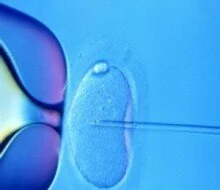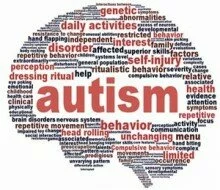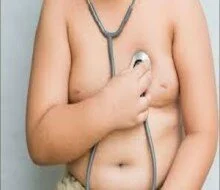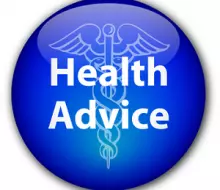Daily Archives : Sunday, October 9th, 2016
Night shifts may not raise breast cancer risk
Working night shifts has little or no effect on a woman’s breast cancer risk, says a study.
The results could dismiss concerns raised by a review in 2007 by the International Agency for Research on Cancer (IARC) classifying shift work disrupting the ‘body clock’ as a probable cause of cancer. “We found that women who had worked night shifts, including long-term night shifts, were not more likely to develop breast cancer,” said lead author of the new study Ruth Travis from the University of Oxford. The new research, published in the Journal of the National Cancer Institute, examined whether night shift work increased women’s breast cancer risk by following 1.4 million women in ten studies and seeing if they developed breast cancer. …
Boys born through IVF have low sperm counts: Study
Baby boys conceived through a common type of IVF treatment have lower sperm quantity and quality than men who were spontaneously conceived, suggests new research. The findings are based on first results from the world’s oldest group of young men conceived by means of intracytoplasmic sperm injection (ICSI) fertility treatment because of their fathers’ infertility. “These findings are not unexpected,” said one of the co-authors of this study Andre Van Steirteghem, Emeritus Professor at Vrije Universiteit Brussel (VUB) in Brussels, Belgium. “Before ICSI was carried out, prospective parents were informed that it may well be that their sons may have impaired sperm and semen like their fathers. For all the parents this information was not a reason to abstain from ICSI because, as they said: ‘if this happens ICSI can then also be a solution for our sons’,” Van Steirteghem noted. …
Unique characteristics of autism genes may help early diagnosis
Researchers have discovered in a new study the unique characteristics of genes associated with autism that may help them distinguish from genes of other diseases, as well as help in early diagnosis. Autism is a neuro-developmental disorder which can severely impair communication and social skills. “We are now a step closer to understanding the genes associated with autism and understanding the biological process involved in the disease,” said Idan Menashe from Ben-Gurion University of the Negev (BGU) in in Beersheba, Israel. “This study gives us a tool to help identify additional autism genes using the genetic signature we found. …
By 2025, chronic obesity set to affect 268 million kids globally: Study
Children across the world are increasingly becoming overweight and obese mostly due to overeating and under-excercising. Childhood obesity is a life-threatnening condition in which excess body fat negatively affects a kid’s health and well being. In an indication that no policy interventions have proven very effective at changing current obesity trends, researchers have estimated that globally some 268 million children aged five to 17 years may be overweight by 2025.On the assumptions of continued population growth given by the World Bank, the study projected a rise from some 219 million children in this age group in 2010 to 268 million children in 2025. Obesity alone rises from 76 million children in 2010 to 91 million by 2025, the study, published in the journal Pediatric Obesity, said. …
Hops content in beer could reduce damaging effects of alcohol
Beer lovers have something to cheer for as researchers claim that hops content in the beverage may lessen the damaging effects of alcohol on the liver.
Hops, usually used to add flavour to beer, refers to the flowers of the hops plant, Humulus lupulus. Using a binge-drinking mouse model, the researchers from Friedrich Schiller University Jena in Germany aimed to determine whether hops in beer is involved in the less damaging effects of acute beer consumption on the liver in comparison with ethanol. Over the short-term, “our data suggest that hops content in beer is at least in part responsible for the less damaging effects of beer on the liver,” Live Science quoted the researchers as saying. …
Insomnia may impair accuracy of face recognition
Insomnia or lack of proper sleep may affect the accuracy of facial identification, a study with implications for those working in security, policing or forensic settings, has found. Sleep disruption is common in the general population, and especially so among night-shift workers. The findings showed that poor sleepers were just as confident in their decisions. “Worryingly, although poorer sleep was associated with reduced accuracy, poor sleepers were not less confident in their responses. This has important implications for security and policing, where shift work is common,” said David White from the University of New South Wales. …








